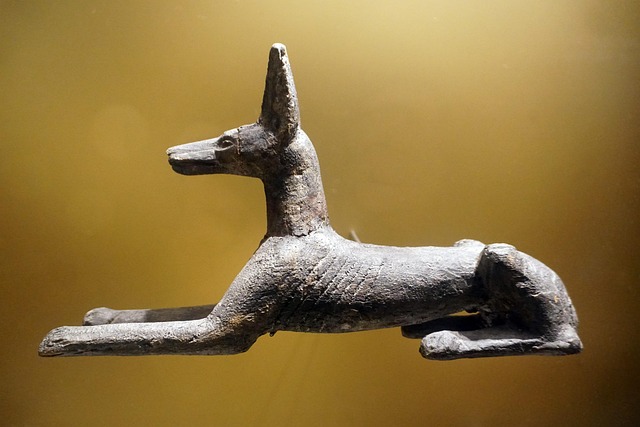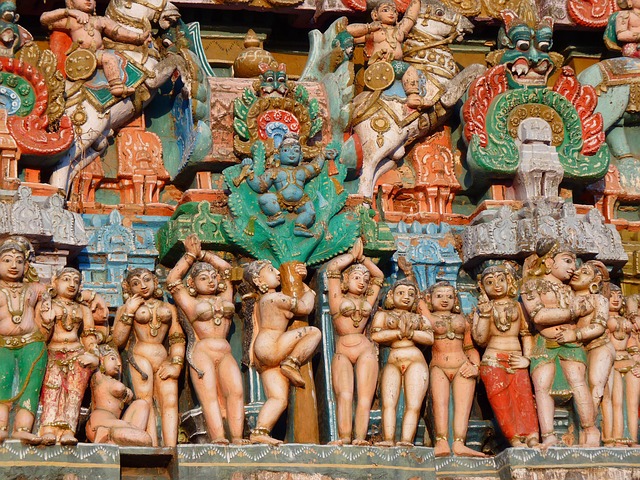Eternal Protection: Unveiling the Mysteries of Anubis in Religion
Among the pantheon of ancient Egyptian deities, Anubis stands out as a figure shrouded in mystery and reverence. Often depicted as a man with the head of a jackal, Anubis embodies the essence of protection and guidance in the afterlife. His presence evokes both a sense of awe and security, reassuring the faithful that their journey into the unknown is not to be faced alone.
Anubis, known as the god of mummification and the afterlife, played a pivotal role in the ancient Egyptian belief system. The rituals surrounding death were sacred, and Anubis was thought to oversee the embalmment process, ensuring that the deceased were prepared for their journey through the Duat, the Egyptian underworld. This pivotal task not only reflects the cultural importance of the afterlife in ancient Egypt but also highlights the significance of Anubis as a protector of souls.
The act of mummification itself, a complex process that included the meticulous preservation of the body, was a testament to the Egyptians’ beliefs in immortality. Anubis, with his keen sense of duty, was seen as the ultimate guardian of this process. It was said that he would weigh the hearts of the deceased against the feather of Ma’at, the goddess of truth and justice. This judgment determined the fate of each soul, and Anubis’ role as the overseer of this ceremony further cements his importance in the religious practices of ancient Egypt.
Within the context of religion, Anubis symbolizes the intricate relationship between life and death, reinforcing the idea that death is not an end but a transition. Many ancient Egyptians sought Anubis’ favor, believing that through his guidance, they would secure a safe passage to the afterlife. The prayers and offerings made to him in tombs reflect a deep-seated desire for protection beyond the grave, resonating with the human experience of seeking solace in the face of mortality.
As civilization evolved, so did the understanding of Anubis and his significance. While the ancient beliefs may seem distant, the archetypes associated with Anubis continue to have relevance today. In moments of uncertainty and vulnerability, people often look for guidance and protection. Anubis represents that deep-seated longing for reassurance, mirroring the feelings many hold when facing life’s transitions.
The legacy of Anubis extends beyond the confines of ancient temples and dusty scrolls. His portrayal in modern culture—whether in movies, literature, or art—invites a contemporary reflection on our fears and hopes regarding mortality. He encourages us to confront the mysteries of existence while reminding us that protection and guidance are not solely reserved for the physical realm.
As we unravel the layers of Anubis’ significance in religion, let us embrace the ideas of protection and guardianship he embodies. The haunting allure of his image serves as a reminder that, in our deepest moments of doubt, the spirit of Anubis is a symbol of enduring hope and the promise of safe passage into the unknown. Through understanding this ancient deity, we can find connections that resonate with our spiritual journeys today, affirming that we are not alone in our quest for eternal peace.




